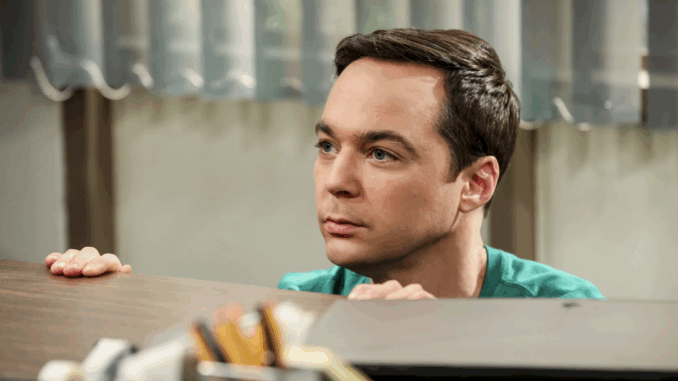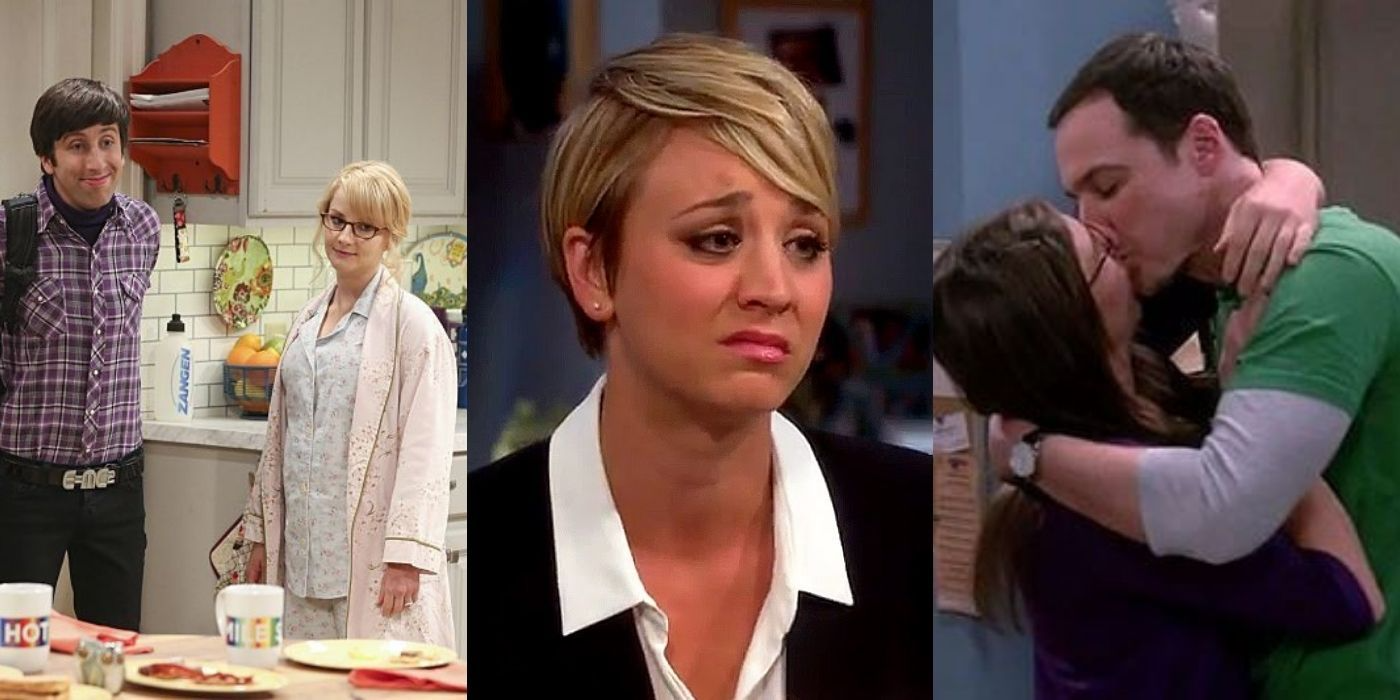
Why Saying Goodbye Is So Hard for TV
Television history is littered with disappointing finales. From Seinfeld’s courtroom chaos to Game of Thrones’ polarizing conclusion, closing a beloved series is notoriously difficult. Expectations are sky-high, plot threads sprawl in every direction, and loyal viewers want both surprise and comfort. When The Big Bang Theory announced its 279-episode run would end with Season 12, many wondered whether a show famous for jokes about bosons and comic books could deliver an emotionally satisfying farewell.
Building Toward “The Stockholm Syndrome”
A Season-Long Victory Lap
Rather than cram every big moment into the final hour, showrunners Chuck Lorre, Steve Molaro, and Steve Holland used the entire twelfth season as a slow-burn farewell. Storylines were resolved organically: Raj confronted his fear of lifelong singledom, Howard and Bernadette juggled career and parenting, and Penny, formerly directionless, embraced a new sense of stability.
The central narrative engine, however, was Sheldon and Amy’s pursuit of the Nobel Prize in Physics for their work on super-asymmetry. By focusing on their career milestone—a believable extension of twelve years of research jokes—the writers framed the finale around the idea of culmination, not gimmick.
Filming in Front of a Live Audience One Last Time
True to form, the two-part finale, “The Stockholm Syndrome,” was shot in front of a 200-member audience on Stage 25 at Warner Bros. Studios. Cast and crew wept between takes; executive producer Steve Molaro later recalled that “even the prop guys were sniffling.” That emotional energy seeped into the performances, lending the sitcom’s trademark rapid-fire dialogue a palpable sincerity.
Moments Fans Wanted—Without Feeling Forced
The Elevator Finally Works

Since Episode 1, the broken elevator was an evergreen sight gag. In the finale, Leonard fixes it in passing, then casually rides up with Penny. The gag lands, but more importantly, it operates as a signal: after twelve seasons of incremental growth, even the building itself is ready for change.
A Nobel Speech Turned Love Letter
At the Nobel ceremony, Sheldon stuns the audience—not by grandstanding—but by abandoning his prepared remarks to thank his “other family.” Every principal character receives acknowledgement, including the late Mrs. Wolowitz, bringing the show’s emotional thesis—friendship as chosen family—full-circle.
Leonard and Penny’s Big Reveal
Sitcom finales often rely on extravagant weddings or shock deaths. The Big Bang Theory chose something quieter but thematically rich: Leonard and Penny are expecting their first child. For a couple whose disagreements over parenthood spanned multiple seasons, the reveal felt earned rather than convenient, giving long-time fans closure while keeping the future bright.
Sticking the Landing: Critical and Audience Reception
More than 18 million viewers tuned in live in the U.S., the series’ largest audience since 2015. Critics praised the episode’s balance of sentiment and humor. The Los Angeles Times called it “a master class in giving fans everything they didn’t know they needed,” while The Guardian lauded its restraint: “No dragons, no courtroom gags—just a group of friends, older and wiser.”
The finale later earned two Emmy nominations for writing and editing, rare recognition for a show often pigeonholed as a laugh-track sitcom. Social-media sentiment skewed overwhelmingly positive; on Twitter, #BigBangFarewell trended worldwide for 48 hours.
What the Finale Means for Future Sitcoms
Character Growth Over Shock Value
The episode demonstrated that genuine character development resonates more than dramatic twists. Sheldon’s speech worked because viewers witnessed twelve years of incremental growth—from a man who once created a Relationship Agreement to someone who can publicly express gratitude.
Legacy Without a Reboot (Yet)
In an era where every property seems destined for a revival, The Big Bang Theory chose finality. Chuck Lorre has repeatedly dismissed immediate reboot rumors, pointing instead to Young Sheldon—the prequel that expands the universe without undoing the original ending. The implication is clear: let satisfying finales breathe before resurrecting beloved shows.
A Blueprint for Endings That Feel Right
Sitcom finales often chase either tearful nostalgia (Friends) or audacious twists (How I Met Your Mother). The Big Bang Theory charted a third path: honor the small details fans cherish—Sheldon’s spot on the couch, Howard’s alien pin, Koothrappali’s Yorkshire terrier tee—but show that time moves on.
By grounding its farewell in earned emotional payoffs and subtle callbacks, the series proved that endings can be comforting without being predictable, and celebratory without slipping into sugary fan service. In doing so, The Big Bang Theory not only stuck its own landing—it offered a roadmap for sitcoms hoping to leave viewers smiling through tears rather than rage-tweeting into the night.
Takeaway
Twelve seasons, a Nobel Prize, and one freshly repaired elevator later, The Big Bang Theory closed its run the same way it began: with friends clustered on a couch, Chinese takeout in hand, debating life’s mysteries—only now, those mysteries included marriage, parenthood, and professional triumph. For a series that taught audiences to laugh with, not at, its “geniuses,” ending on a note of gratitude felt exactly right. If future sitcoms are smart, they’ll study this blueprint: respect the journey, trust the characters, and remember that sometimes the simplest goodbye is the most profound.